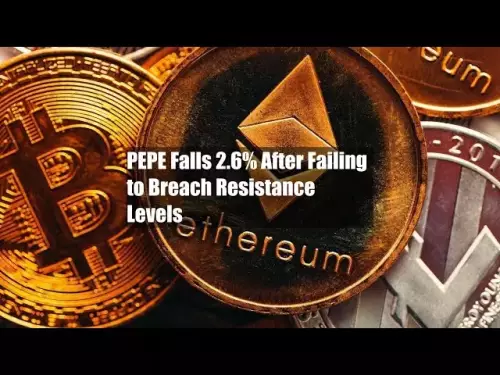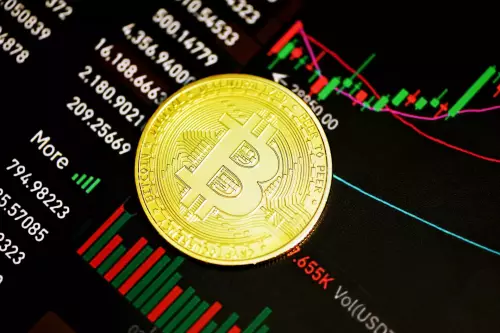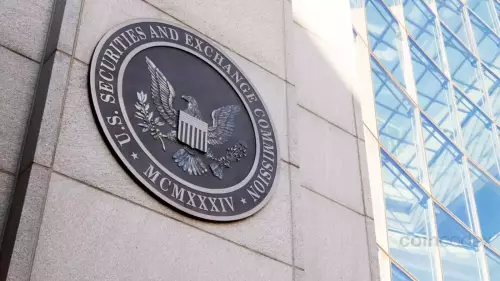Exploring the intersection of Charlie Kirk's legacy, the tragic event surrounding Tyler Robinson, and the controversial memecoin that emerged in its wake.

The recent events surrounding conservative activist Charlie Kirk's death and the subsequent creation of a memecoin named after his accused killer, Tyler Robinson, have created a bizarre and unsettling intersection of politics, tragedy, and cryptocurrency. Let's unpack this.
The Charlie Kirk Story: From Bitcoin Evangelist to Victim
Charlie Kirk, founder of Turning Point USA, wasn't just another political commentator. He was a vocal advocate for Bitcoin, particularly among young conservatives. Kirk framed Bitcoin not as a tech investment, but as a tool for individual freedom against government control. As TechFlow reported, he argued that Bitcoin offered a way to sidestep currency devaluation and government overreach, resonating with students concerned about economic pressures like student loans and inflation. Kirk's genius was in weaving Bitcoin into his existing political narrative, attracting an audience that might otherwise have ignored it. His tragic death has left a void in the crypto space.
The Shooting and Tyler Robinson
The details surrounding Kirk's death are disturbing. Authorities allege that Tyler Robinson, a 22-year-old electrician's apprentice, shot and killed Kirk in Orem, Utah. Governor Cox mentioned a conversation Robinson had with a family member, expressing dislike for Kirk and his viewpoints. It was Robinson's family who ultimately convinced him to turn himself in after a nationwide manhunt.
The Memecoin Controversy: TYLER Token
In a move that many find deeply disturbing, a memecoin called TYLER was minted on Solana shortly after Robinson's arrest. This token, trading under the ticker TYLER, saw significant trading volume within hours of its creation. While it’s volatile and speculative, its existence raises serious ethical questions about profiting from tragedy.
Ethical Considerations and the Crypto Community
The emergence of the TYLER memecoin has sparked outrage and condemnation. Creating and trading tokens that exploit tragic events is ethically questionable and goes against the values of peace and ethical standards. The crypto community has a responsibility to discourage such behavior.
A Personal Take: Freedom vs. Exploitation
While cryptocurrency is about freedom, innovation, and decentralization, the TYLER memecoin is none of those things. It's pure exploitation, capitalizing on a horrible event. Legitimate crypto projects aim to solve problems or provide value. This memecoin simply seeks to profit from tragedy. I would argue that projects like this do more harm than good for the overall perception of cryptocurrency.
Final Thoughts
The Charlie Kirk, Tyler Robinson, and TYLER memecoin saga is a stark reminder that the crypto world, like any other, has its dark corners. While Kirk's legacy as a Bitcoin evangelist will likely endure, the controversy surrounding the memecoin serves as a cautionary tale about ethics and responsibility in the digital age. Let's hope the crypto space can learn from this and focus on building a more ethical and sustainable future. Because let’s face it, nobody wants their digital wallet associated with something this icky.














































































